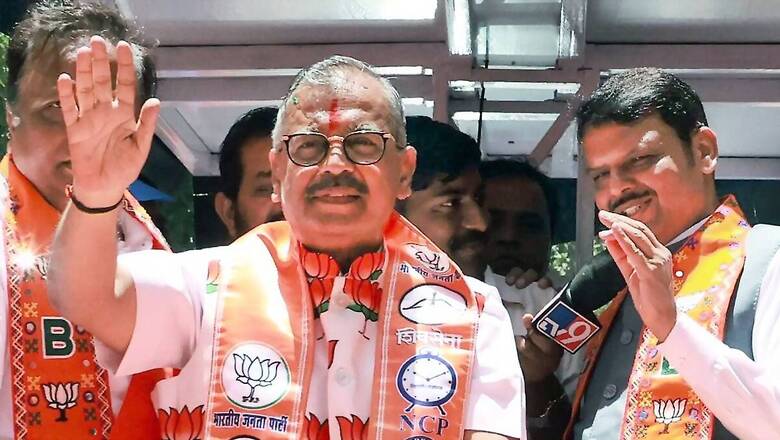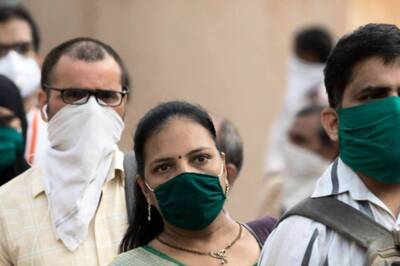
views
The Maharashtra government’s decision to reappoint advocate Ujjwal Nikam, who unsuccessfully contested the Lok Sabha polls as a Bharatiya Janata Party (BJP) candidate, as public prosecutor has sparked a controversy, with the Opposition Congress saying the CM Eknath Shinde-led administration is setting a “wrong precedent”.
Objecting to Nikam’s appointment in the cases he was handling prior to his nomination from the Mumbai North-Central constituency, Maharashtra Congress chief Nana Patole said, “Why has the state government chosen to appoint a BJP worker in the judicial process? The BJP-led government has set a wrong precedent by appointing a political party worker to the important post of public prosecutor.”
Patole said the Shinde government should reconsider its decision to reappoint Nikam.
The BJP had dropped incumbent MP Poonam Mahajan and fielded Nikam from the seat. However, Varsha Gaikwad of the Congress defeated Nikam by a margin of 16,514 votes. Gaikwad secured 445,545 votes, while Nikam received 429,031 votes, making Gaikwad the sole Congress MP from the Mumbai Metropolitan Region.
Following his nomination as the BJP candidate, Nikam had resigned from 29 cases, including eight in Mumbai, in which he had been appointed as a special prosecutor. He submitted his resignation to the law and judiciary department in May. After his defeat, the Shinde government’s decision to reappoint Nikam means he will now represent the Maharashtra government in all 29 cases.
This development has raised concerns about the potential politicisation of the judicial process. Critics argued that appointing a recently defeated political candidate to a significant judicial role undermines the impartiality and independence expected of such positions. The Congress highlighted the fears that the move “could erode public trust in the judicial system”, as it is a “blatant case of conflict of interest and a breach of ethical norms”.
The move is likely to fuel further debates on the influence of political affiliations on judicial appointments in Maharashtra, pressuring the state to justify its decision.

















Comments
0 comment